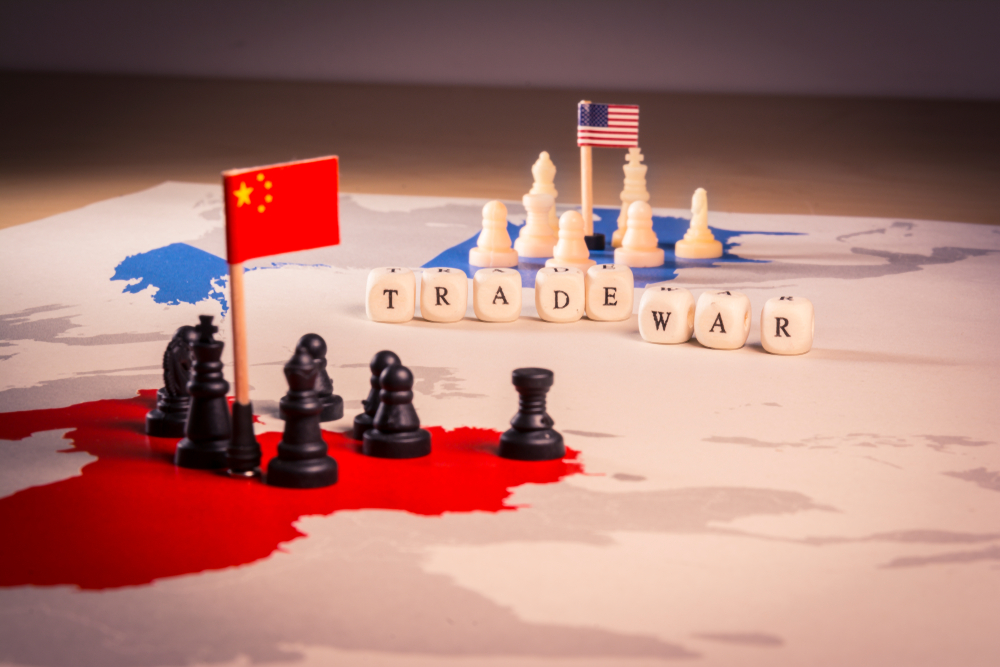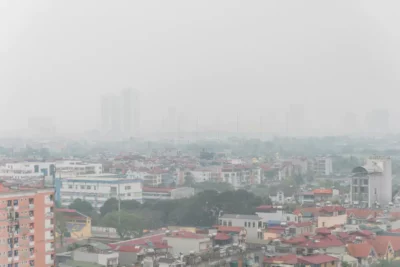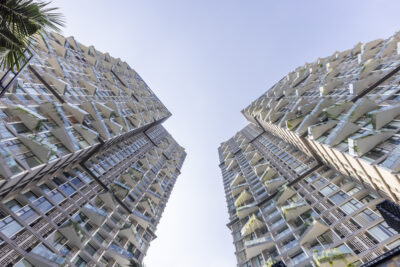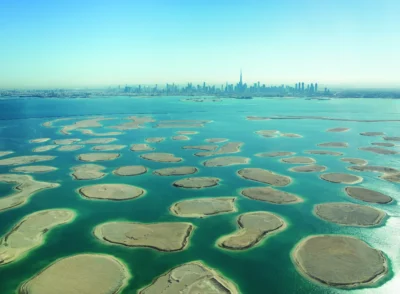Southeast Asia’s property market to benefit from developments in US-China trade war
Industry players reveal that the first phase of the deal should help restabilise the region’s economy
Developers have acknowledged that the stable relationship between the US and China after a two-year conflict will buoy the property market in Southeast Asia this 2020, reported South China Morning Post.
Over the past year and a half, growing concerns over the trade war negotiation have caused unrest in emerging markets, discouraging foreign investors and prompting several Asian currencies to decline.
Fortunately, in December, Beijing and Washington disclosed that they are close to finalising the first phase of the agreement, and planned to sign it within this week. Industry players claim that this move will help restabilise the region’s economy and real estate market.
More: Year in review: the influence of China in Southeast Asia
“We all know in terms of the macro economy, the trade war with the US caused concern and, with that, emerging-market currencies were a little bit vulnerable last year,” said James Kibble, co-founder of Indonesian boutique asset manager and property developer Selo Group.
“With that looking to resolve itself at the end of last year, I think that puts Southeast Asia in a really good spot because all of the currencies have started to stabilise.”
By the end of 2020, the 60 high-end villas at Selong Selo Residences and Resort by Selo Group, is expected to be completed.
“We are very positive that in Southeast Asia, there is a really strong capital appreciation,” James added.
Moreover, other factors that would bolster the real estate sector throughout the region, include growth of the population and gross domestic product, strong political stability, as well as influx of Chinese capital.
Recommended
Hanoi’s air pollution crisis: Balancing urban growth with environmental sustainability
Hanoi’s worsening annual toxic smog is highlighting the pressures of balancing sustainability with rapid economic growth
U.S. tariffs pose challenges to china’s housing market amid economic slowdown
Escalating US tariffs are expected to strain China’s slowing economic growth and dampen buyer confidence, creating trouble for the country’s housing market
Dewan Architects’ Mohammed Adib leads with human-centred design and technological innovation in the Middle East and beyond
Mohammed Adib channels his childhood curiosity and dislike for design uniformity into his work at Dewan Architects + Engineers
UAE real estate shifts focus to sustainability and quality, revitalising iconic projects
The UAE has risen from its challenges to emerge as a more sustainable, quality-focused destination







